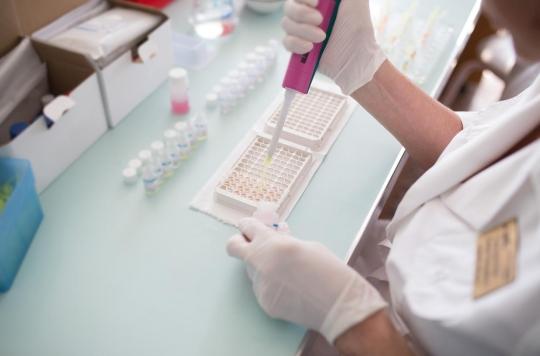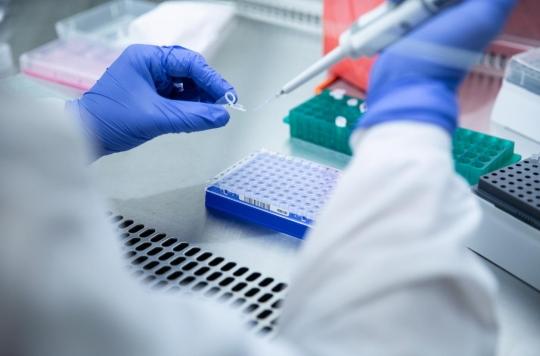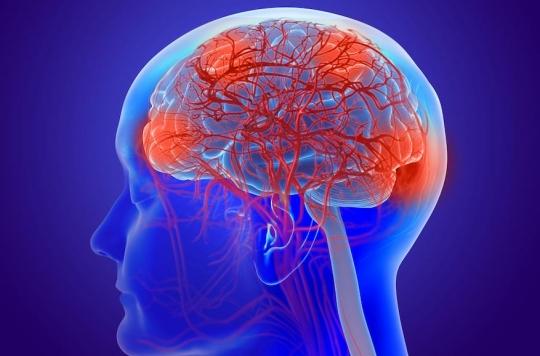For the first time, researchers show that proteins involved in Alzheimer’s could be transmitted, under certain conditions.

The work of the team of John Collinge and Sebastian Brandner, published this Thursday in the journal Nature, could mark a turning point in the understanding of Alzheimer’s disease. British researchers show, for the first time in humans, that the development of neurodegenerative disease could be triggered by exogenous proteins; there could therefore be some form of disease transmission.
Similarities with prion diseases
“Researchers present here the evidence that brain changes specific to Alzheimer’s disease have been transmitted between humans,” says disease specialist Mathias Jucker in an editorial that also appeared in Nature. From there to concluding that the disease would be transmissible, there is only one step… not to be taken!
British work, however, confirms in humans a hypothesis that Mathias Jucker had himself constructed, on the basis of work carried out in mice.
“Mathias Jucker has shown that mice injected with brain extracts from Alzheimer’s patients, could develop, after a certain time, amyloid plaques”, recalls Professor Philippe Amouyel, CEO of the Foundation. Alzheimer’s Plan.
The injection of fragments of amyloid proteins – “seeds” – could therefore trigger a chain reaction, similar to what is observed in so-called “prion” diseases, such as Creutzfeldt-Jakob disease. In contact with these “seeds”, the structure of healthy proteins would be modified, eventually leading to the formation of plaques.
Autopsy of 8 brains
British researchers this time came to similar conclusions in humans. To do this, they analyzed the brains of eight patients who died from Creutzfeldt-Jakob disease after being treated with growth hormone. However, at that time, growth hormone was not yet synthetic, but extracted from the brains of cadavers.
In four of the eight patients, scientists were surprised to find deposits of amyloid proteins, similar to those that occur in Alzheimer’s disease. However, these patients were too young to already have the disease. In addition, there was no Tau protein abnormality in these brains, which is characteristic of Alzheimer’s disease.
“It is therefore possible that the extracts from the brains with which these patients were treated contained amyloid” seeds “,” explains Philippe Amouyel.
However, this work does not show that the disease is transmissible, but at best, amyloid proteins, sources of plaques. “Alzheimer’s disease is not contagious”, insist the authors of the study, who stress that so far, no epidemiological study has suggested a risk of transmission, by blood transfusion, in particular.
However, they also recall that “amyloid seeds” adhere to metal instruments, and resist standard sterilization protocols. Data that could lead to reconsider the risk of propagation of these proteins.
.














